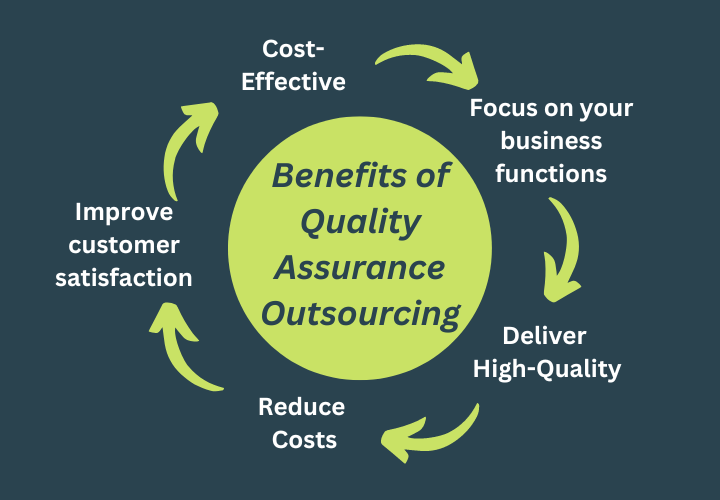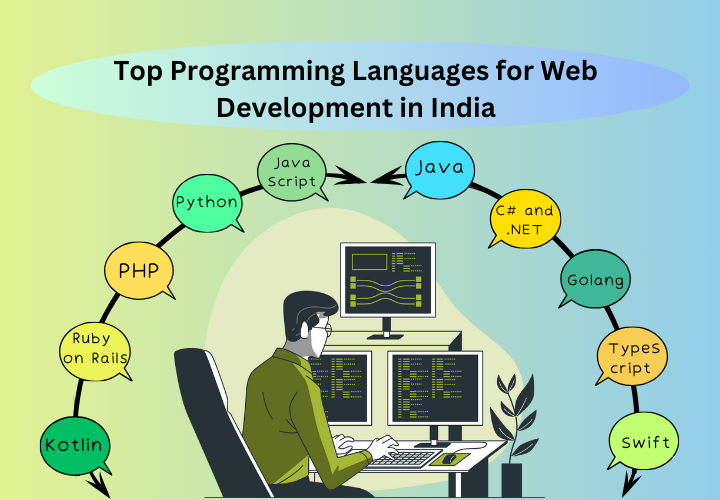Mobile applications are now an essential element of daily life in this digital era. It offers countless opportunities for connection with people, productivity and pleasure. However, creating mobile apps necessitates meticulous planning, particularly when selecting the ideal development framework. Selecting a development framework is crucial for success in today’s mobile app development. However, we all know that today, mobile applications can do anything for us, from playing games to finding your partner with Tinder. Apps have become so intelligent that our reliance on them keeps growing with each passing day. But when it comes to the development of mobile apps, it can be challenging to choose the framework that best meets the requirements of your project because there are so many frameworks available. So here in this blog, we will provide some guidance on choosing the best mobile app development framework for your project.
Understand your Project Requirements:
Understanding the specifications for your project is crucial before beginning the selection process. You have to think about the following elements discussed below:
- Platform Compatibility: Determine whether you require a framework that works with iOS, Android, or both platforms. You have to choose based on market research and your target market.
- Performance: To ensure your project operates smoothly even with complicated functions, assess the framework’s performance capabilities.
- Learning Curve: Evaluate the knowledge and experience of the development team. Select a framework that fits their level of expertise to shorten the learning curve and development period.
- User Experience (UX): Consider the framework’s ability to provide a simple and seamless user experience, which dramatically impacts user retention and happiness.
- Third-party Integration: Determine whether your app needs to be integrated with external services or APIs. Make sure the framework of choice permits such interconnections.
Popular Frameworks for Developing Mobile Apps:
Let’s examine some well-known mobile app development frameworks so you can make an informed choice:
- React Native: Built on JavaScript, React Native enables programmers to create native-like apps for the iOS and Android platforms. It allows for code reusability and provides a wide range of pre-built components.
- Flutter: Cross-platform framework Flutter, created by Google, employs the Dart programming language. Hot reloading, a fully customizable user interface, and excellent performance are all provided.
- Xamarin: Microsoft-owned Xamarin enables programmers to create cross-platform apps using C#. It provides access to native APIs and facilitates seamless interaction with existing codebases.
- Ionic: Ionic is a hybrid framework that enables programmers to construct apps for several platforms. It was built on HTML, CSS, and JavaScript. It makes use of web technologies and offers a variety of UI elements.
- NativeScript: Using JavaScript or TypeScript, developers may create cross-platform apps with NativeScript. Direct access to native APIs is provided, enabling a more natural user experience.
Process of Evaluation and Selection:
- Community and Support: Consider the size, activity, and accessibility of the framework’s community and the presence of tutorials, forums, and other support materials. A thriving community guarantees prompt help and ongoing development.
- Performance and Native-like Experience: To evaluate the framework’s capacity to provide a fluid and natural user experience, consider user feedback, performance benchmarks, and real-world examples.
- Development Efficiency: Assess the framework’s capacity for rapid prototyping, code reuse, and development speed. A practical framework can reduce time and resource consumption during the development cycle.
- Flexibility and Customization: Check to see if the framework allows for customization of the app’s overall design, user interface, and visual style. To create a distinctive and branded experience, this is essential.
- Long-term viability: Evaluate the framework’s acceptance rate, use, and frequency of upgrades. A framework’s longevity and compatibility with upcoming updates are ensured by picking one with a robust community base and ongoing development.
In conclusion, the success of your project depends on selecting the best mobile app development framework. You may make an informed choice by comparing different frameworks, such as platform compatibility, performance, learning curve, user experience, and third-party integration. Examine well-known frameworks, including React Native, Flutter, Xamarin, Ionic, and NativeScript and judge them according to their community support, performance, ease of development, versatility, and long-term viability. Keep in mind that there isn’t a single, perfect solution. Your project’s particular requirements and objectives will determine its best structure. Spend some time learning about and experimenting with various frameworks. Talk to your development team. If necessary, think about getting professional guidance. With careful planning and the appropriate framework selection, you may build a solid basis for your mobile app development project and raise the likelihood of its success in the cutthroat app market.
So if you also want to start your new project and are confused about choosing the best framework, then you should consult PECS, the finest mobile app development company in India. Our team always considers the above factors before choosing the proper development framework for your mobile app and ensuring its success in the market.
Related Posts

What Is Long-Form Content and How Does It Work?
In the world of content marketing or digital marketing, long-form content has become increasingly popular in recent years as businesses…

What are the importance and benefits of quality assurance outsourcing?
Quality assurance outsourcing is now a popular option for all businesses that want to ensure the highest quality of their…

Top Programming Languages for Web Development in India
In the rapidly evolving digital world, having a powerful and user-friendly website is essential for businesses of all sizes. Whether…
